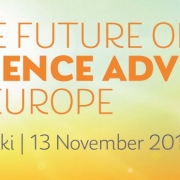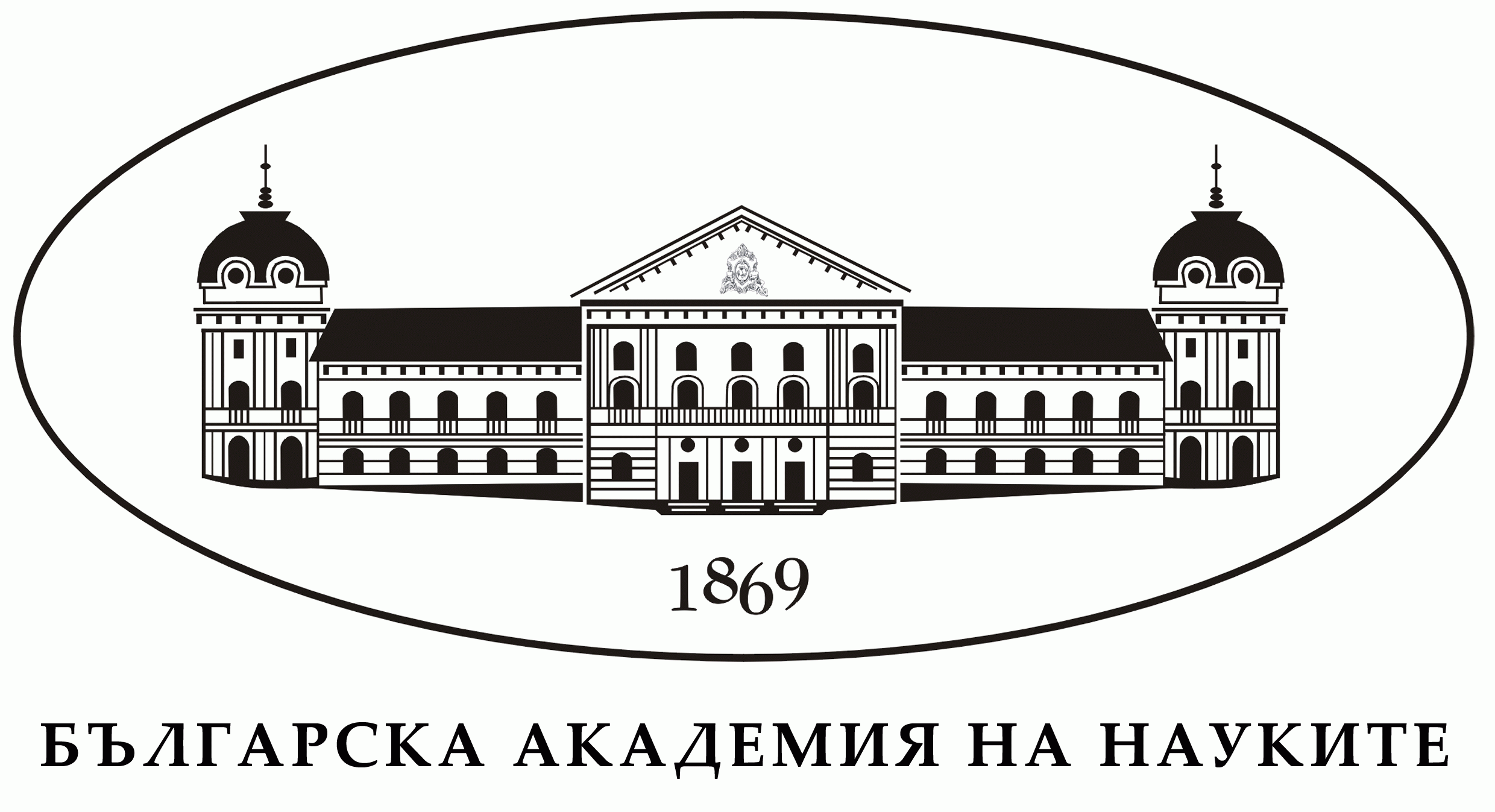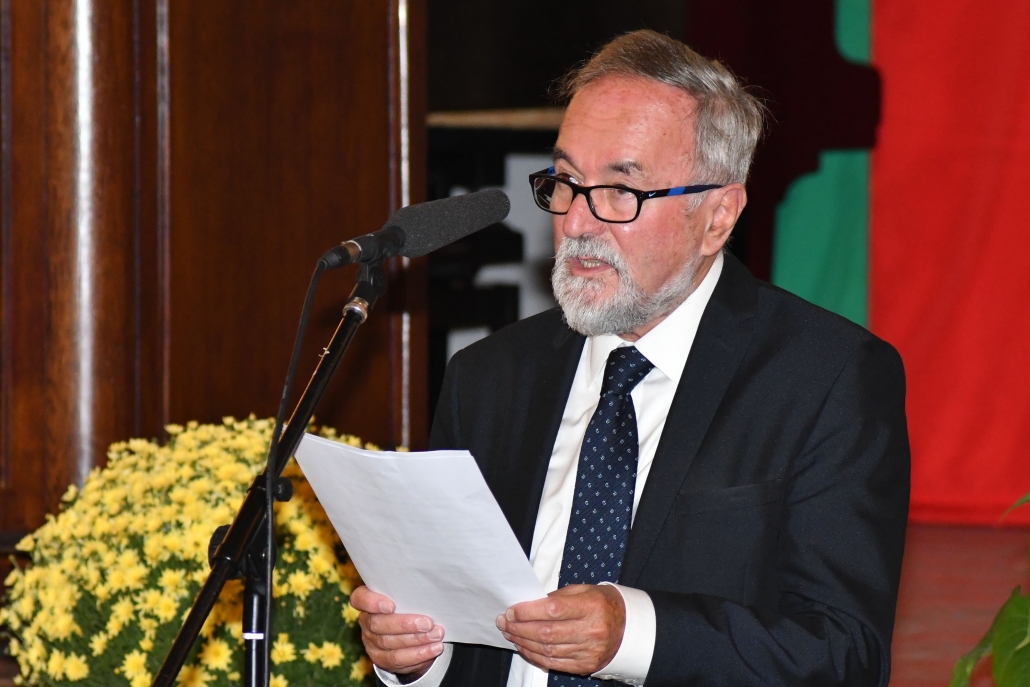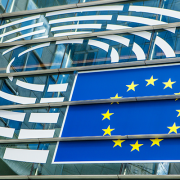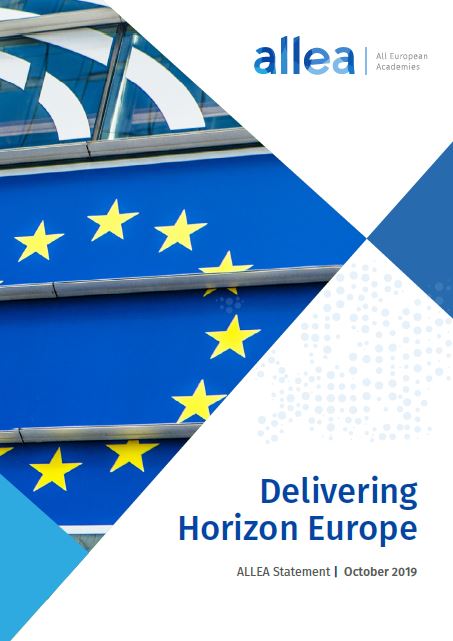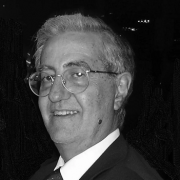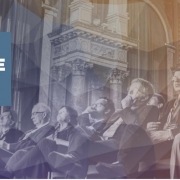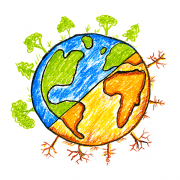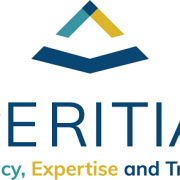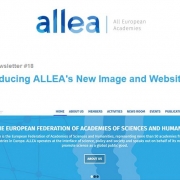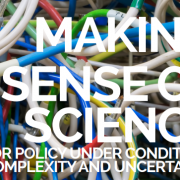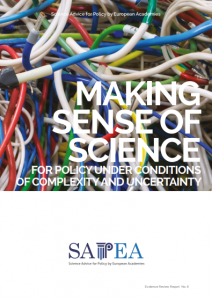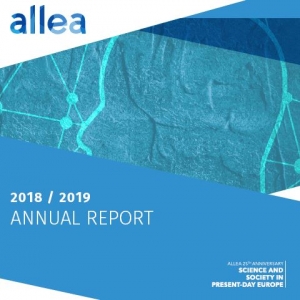PERITIA (Policy, Expertise and Trust in Action) will explore the conditions under which people trust science and expertise used by governments and other societal decision-makers to inform their policies.
The multi-disciplinary Horizon 2020-funded project will be coordinated by University College Dublin (UCD) and co-led by ALLEA. It is a follow up of the ALLEA Truth, Trust and Expertise Working Group and the UCD project When Experts Disagree (WEXD).
Its main goal is to test how emotions and values influence the process of placing or refusing trust in expertise that shapes public policies. In a coordinated action of various qualitative and quantitative investigations, it will assess its conceptual and empirical framework with the exemplary case of climate science. Its final aim is to help building trustworthy and trust-enhancing narratives about the role of science in governance.
The initiative is funded by the EU research and innovation programme H2020 with €3 million for 3 years, starting in February 2020.
Policy, Expertise and Trust
Public trust in expertise plays a central role in democracy, but the rise of anti-elitist narratives and populist politics, among other factors, have put the credibility of experts into question.
In its discussion paper series, ALLEA examines different aspects of this topic including the alleged loss of trust in science and expertise, the role of the changing landscape of communication, and trust within science itself. PERITIA will take a further step and explore some unanswered questions derived from this work.
“Given the central role assigned to expert bodies and organisations in social and political governance, (justified) trust in the information provided by scientific bodies and advisory organisations, by both the general public and policy makers, is a fundamental condition of good governance,” said Project Coordinator Maria Baghramian on UCD’s website, who has been an active part of the ALLEA Working Group Truth, Trust and Expertise and member of the Royal Irish Academy.
“Our aim, in this project, is to better understand the nature and conditions of trust in the public domain and to discover indicators which can be used in measuring and establishing the trustworthiness of those involved in social and political decision making,” she added.
Engaging the public in a cross-cutting collaboration
PERITIA will bring together philosophers, social and natural scientists, policy experts, ethicists, psychologists, media specialists and civil society organisations to carry on a comprehensive multi-disciplinary research.
The collaboration will use innovative formats to conduct and disseminate its research including podcasts, citizens’ and experts’ fora across Europe and an essay competition addressed to young students.
In addition to ALLEA and UCD, the consortium consists of various partners from across Europe including University of Oslo (Norway), Institut Jean Nicod (France), Vita-Salute San Raffaele University (Italy), American University of Armenia (Armenia), Sense About Science (UK), King’s College London (UK), Polish Academy of Sciences (PAN), Utrecht University (The Netherlands) and Strane Innovation (France).

